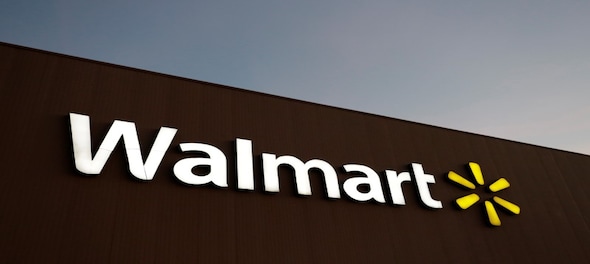
Ending a seven-year-long investigation, US retail giant Walmart has agreed to pay $282 million in penalties to the US Department of Justice and the Securities Exchange Commission.
The SEC order against the Bentonville-based company has made serious allegations against Bharti Enterprises, Walmart's former joint venture partner in India of malpractices and making improper payments to government officials.
The SEC charged Walmart with violating the Foreign Corrupt Practices Act (FCPA) while conducting its businesses in India, China, Brazil and Mexico.
Walmart consented to the SEC order, which has highlighted Walmart failed to sufficiently investigate or mitigate certain anti-corruption risks.
The SEC order cited transgressions in Walmart's India joint venture with Bharti Enterprises, which it has referred to as the 'India Partner' of the retail company. Walmart had entered a 50-50 joint venture with Bharti Enterprises in 2007 to run wholesale stores, which ended in 2013.
Here are some allegations against Walmart's India partner in SEC order:
2006
2009-2011
Walmart president and chief executive officer, Doug McMillon in a statement said, "We’re pleased to resolve this matter. Walmart is committed to doing business the right way, and that means acting ethically everywhere we operate. We’ve enhanced our policies, procedures and systems and invested tremendous resources globally into ethics and compliance, and now have a strong Global Anti-Corruption Compliance Program. We want to be the most trusted retailer, and a key to this is maintaining our culture of integrity."
Here's what happened at Walmart's subsidiaries in other countries:
Mexico
Walmart’s Mexico subsidiary employed intermediaries that made improper payments to government officials to obtain licenses for stores. They also developed a system of three-digit codes which were typed or handwritten on the invoices of these intermediaries. Another corruption risk identified was the Mexico subsidiary’s practice of donations which were in the form of checks, cash, and merchandise to Mexican local government entities.
Brazil
The ability of the intermediary to obtain licenses and permits quickly earned the nickname of sorceress or genie.
China
It was observed that the subsidiary’s draft anti-corruption policy and procedures were inconsistent with the policy adopted by Walmart in 2005. It was also observed that the China subsidiary’s policy excluded staff of state-owned companies from the definition of the government official.
Check out our in-depth Market Coverage, Business News & get real-time Stock Market Updates on CNBC-TV18. Also, Watch our channels CNBC-TV18, CNBC Awaaz and CNBC Bajar Live on-the-go!


2024 Lok Sabha Elections | Why Kerala is in focus as the second phase begins to vote
Apr 26, 2024 9:33 AM
Bengaluru Rural Lok Sabha election: Over 20% voter turnout recorded by 11 am
Apr 26, 2024 9:11 AM

